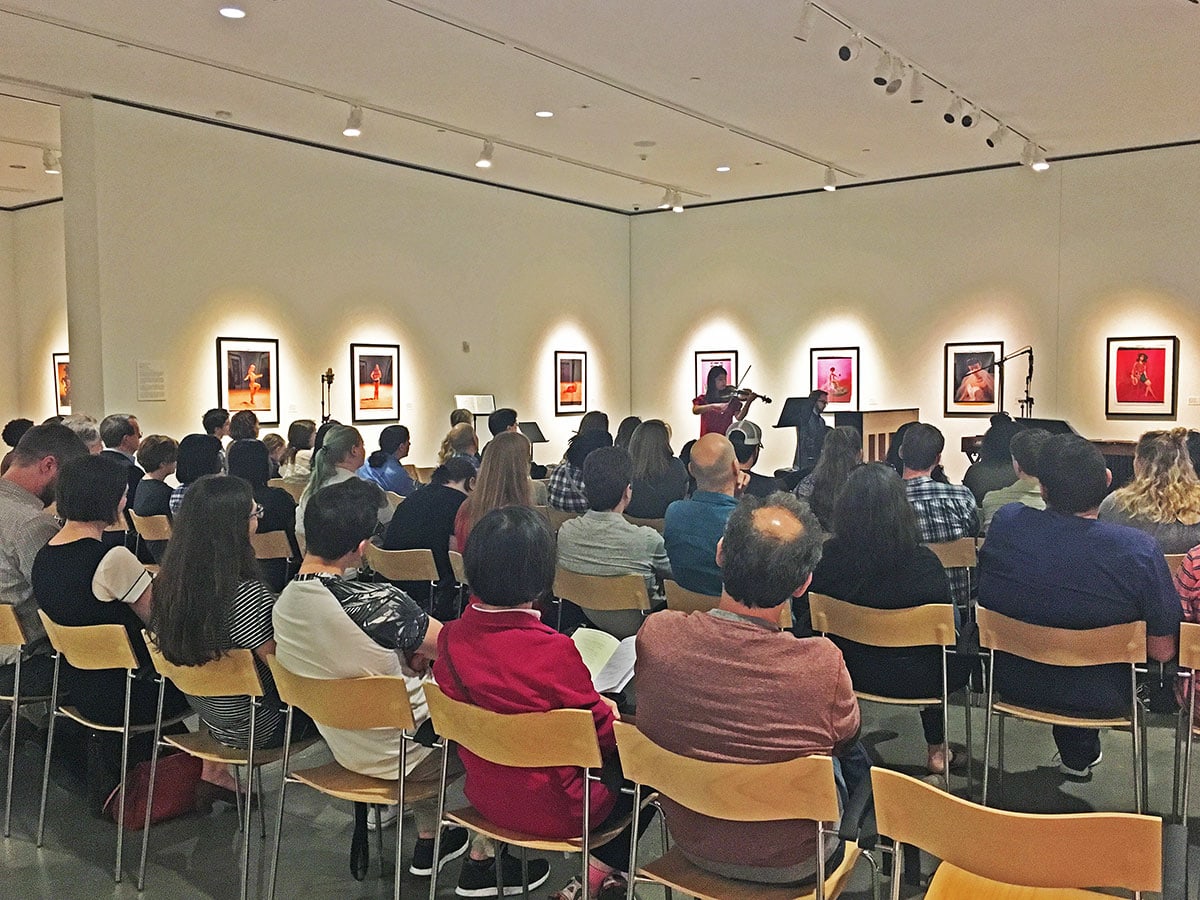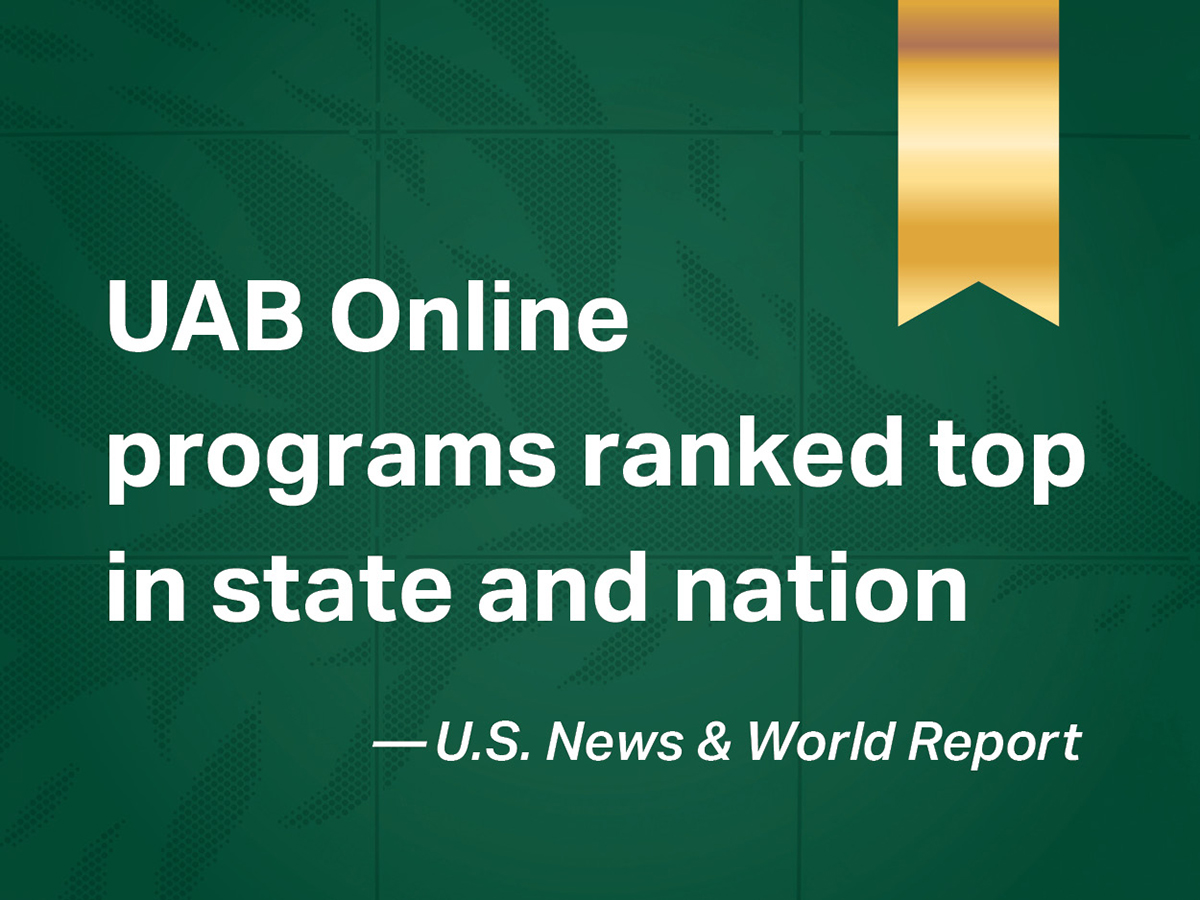UAB Students Join Search for Slave Quarter Remains
Announcements
CAS News
September 26, 2011
Thirteen University of Alabama at Birmingham (UAB) anthropology students are participating in an excavation at Tannehill Ironworks Historical State Park this month as part of a course on the history, archaeology and culture of slavery.
The students are enrolled in the course The Anthropology of Slavery, which examines the practice of slavery from historical, archaeological and cross-cultural perspectives and looks at how slavery has been practiced worldwide, from ancient Egypt and the African slave trade to modern-day human trafficking.
As part of the class, the students are participating in the excavation of the slave quarters at Tannehill to learn how to locate, record, investigate, analyze and interpret artifacts associated with plantation life in Alabama.
Slaves once lived near and worked at Tannehill Ironworks, a foundry that produced iron for the Confederacy during the Civil War.
Under the direction of Jack Bergstresser Ph.D., director of the Tannehill Iron and Steel Museum, the students are helping excavate what is believed to be a cooking shed used by slaves. So far, the students have found bits of pottery, pots and plates, as well as nails. The students are keeping detailed journals of their class discussions and experiences at the excavation site.
The course is team-taught by UAB anthropologists Lori Cormier, Ph.D., Sharyn Jones, Ph.D., and Greg Mumford, Ph.D.
May 22, 2009
Media Contact:
Gail Short
205-934-8931
gshort@uab.edu
More News
-
 Boosting levels of a protein could relieve pain after surgery, reducing reliance on opioidsUAB researchers share a discovery that could pave the way for non‑addictive alternatives to opioid painkillers amid an era of rising overdose deaths.
Boosting levels of a protein could relieve pain after surgery, reducing reliance on opioidsUAB researchers share a discovery that could pave the way for non‑addictive alternatives to opioid painkillers amid an era of rising overdose deaths. -
 Experience music performed live in the AEIVA galleries, Feb. 16 at UABIn this free Chamber Music @ AEIVA program, “Luna: A Celebration of the Moon,” hear music inspired by the art on show and performed by faculty and guest artists from the Department of Music.
Experience music performed live in the AEIVA galleries, Feb. 16 at UABIn this free Chamber Music @ AEIVA program, “Luna: A Celebration of the Moon,” hear music inspired by the art on show and performed by faculty and guest artists from the Department of Music. -
 UAB Online leads Alabama in multiple categories in U.S. News Best Online Programs rankingsU.S. News & World Report Best Online Programs gives UAB high marks, including a Top 5 national placement.
UAB Online leads Alabama in multiple categories in U.S. News Best Online Programs rankingsU.S. News & World Report Best Online Programs gives UAB high marks, including a Top 5 national placement.